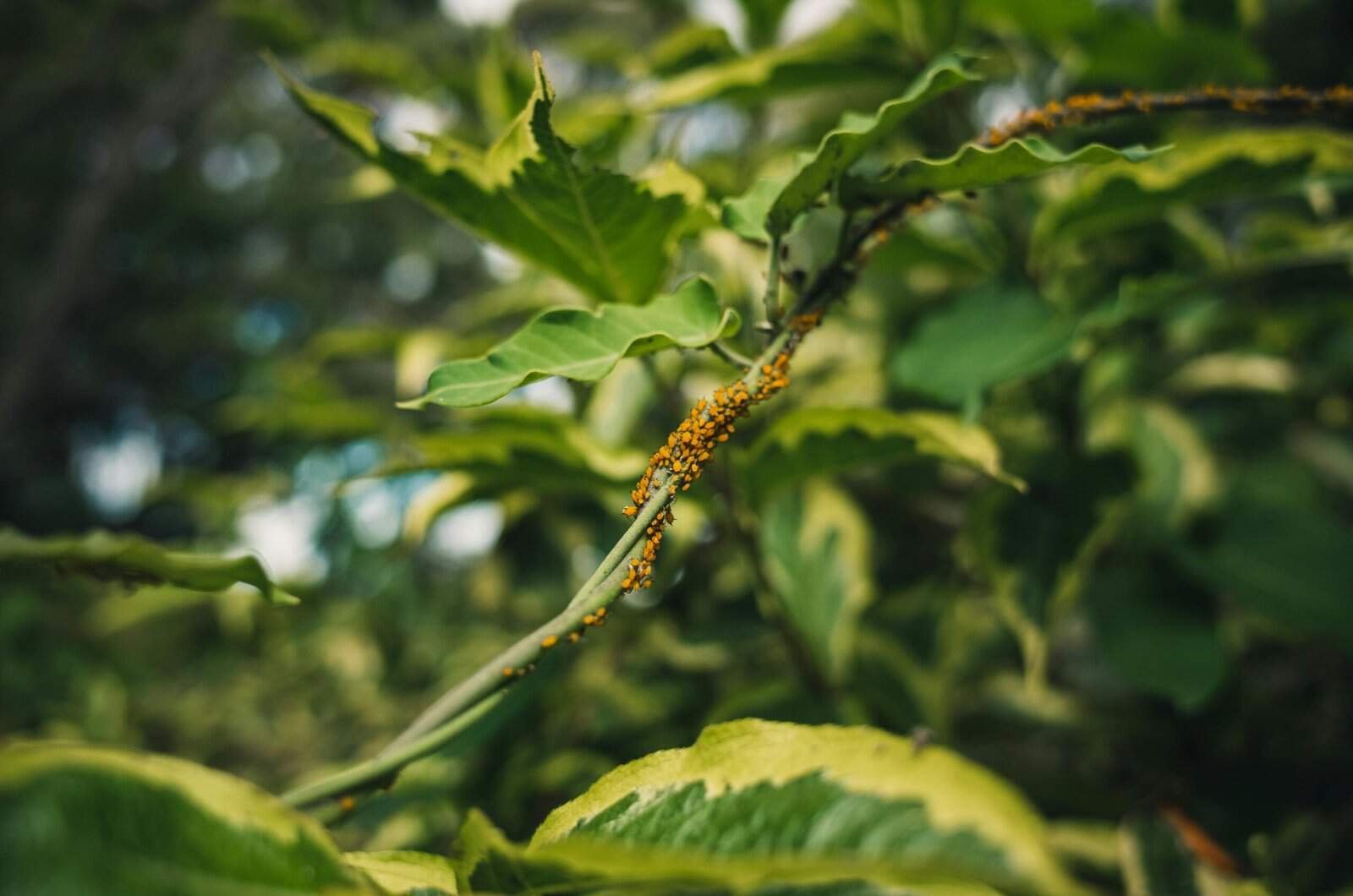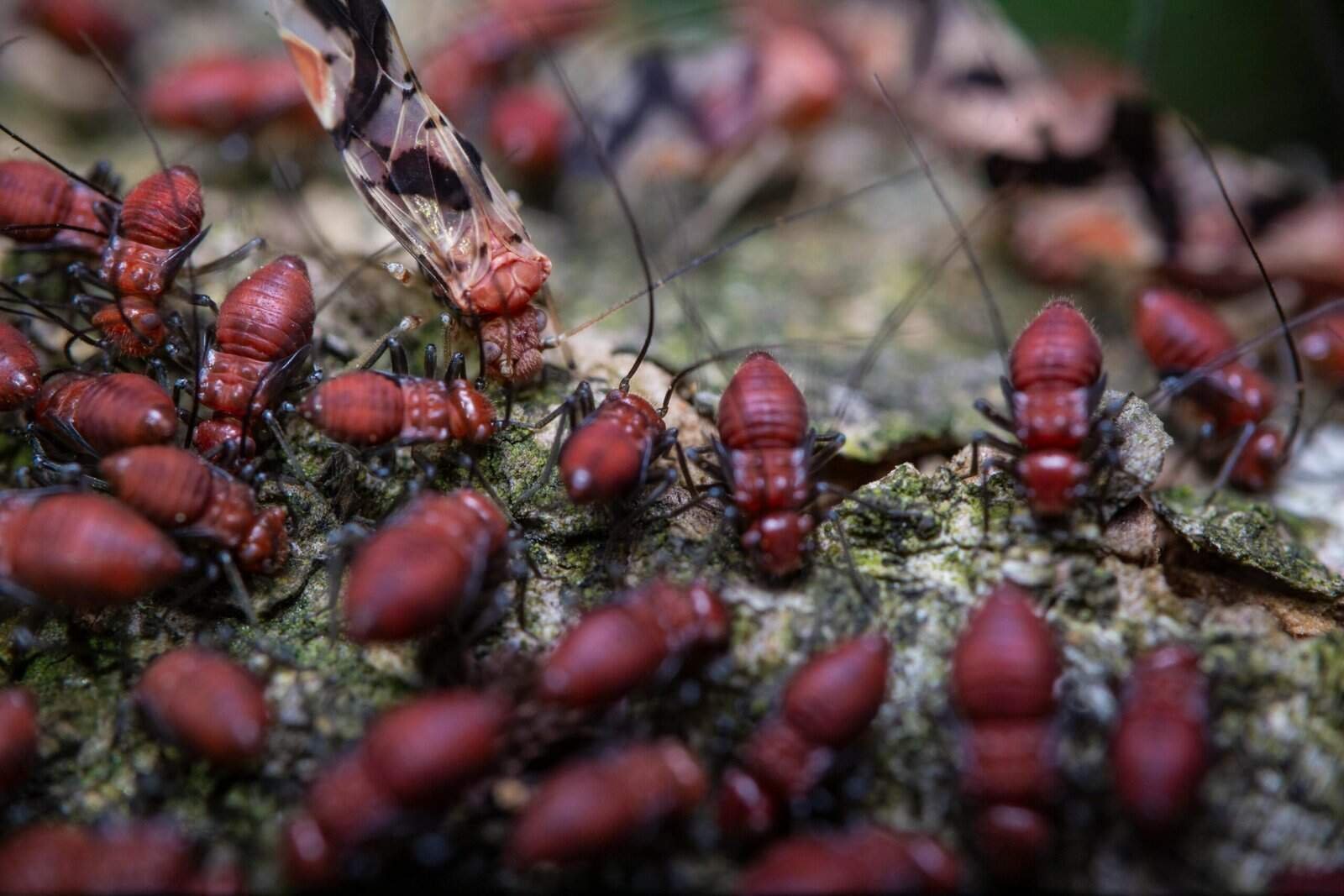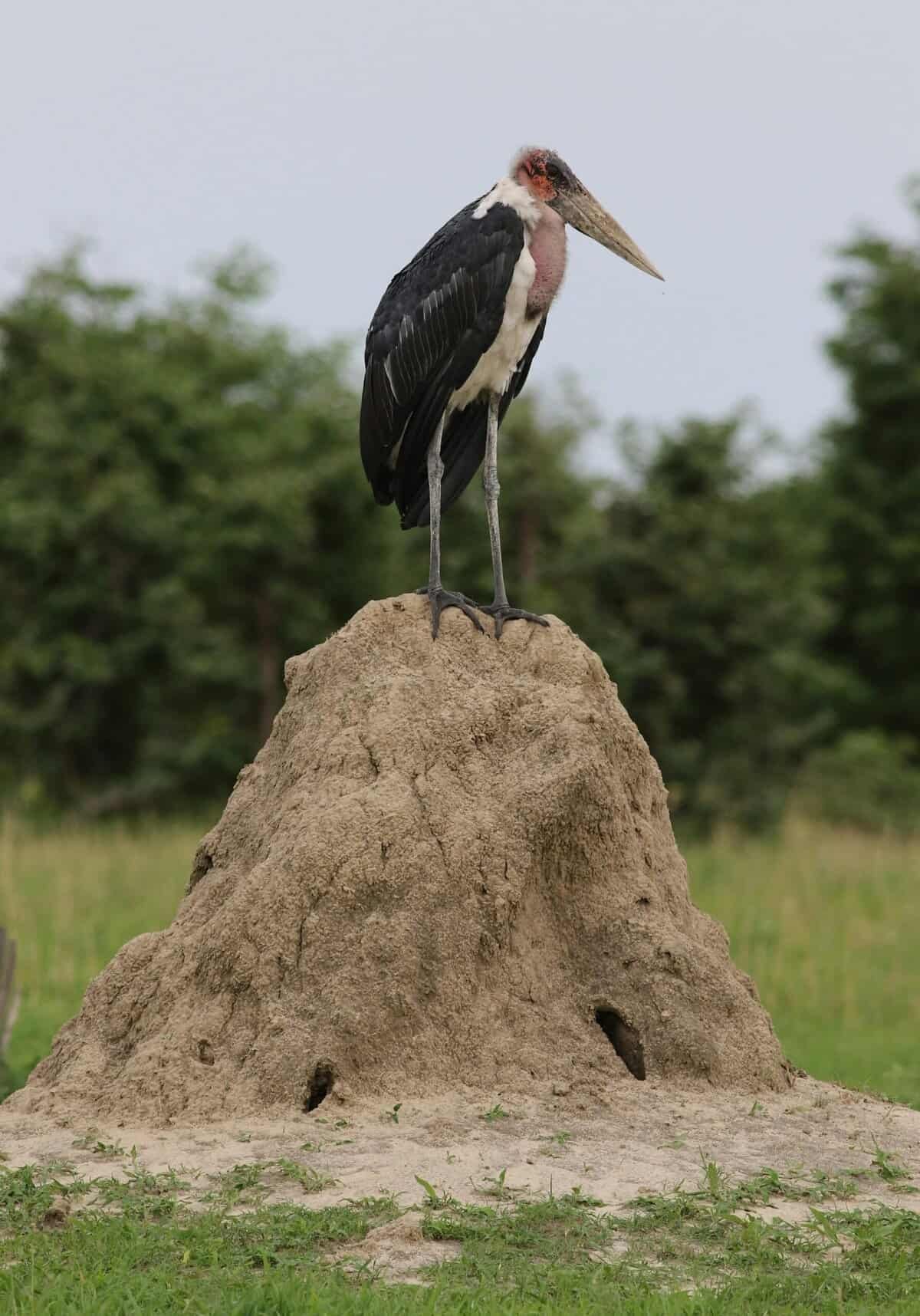Have you ever wondered if tiny creatures like termites or insects could cause damage to your well system? It’s a question that might not be on everyone’s mind, but if you rely on a well for your water supply, it’s definitely worth considering. The structural integrity and functionality of a well system are crucial for ensuring clean and safe water access, so it’s important to understand the potential risks posed by these pesky intruders.
Understanding Your Well System
Before we dive into the specifics of termite or insect damage, let’s take a moment to understand what makes up your well system. A typical residential well system includes a few key components: the well itself, a pump, a pressure tank, and pipes that deliver water to your home. Each of these parts plays a vital role in ensuring the system works efficiently, and any problem in one area can affect the entire system.
Components of a Well System
Here’s a quick overview of the main parts:
- Well: The hole drilled into the ground to access underground water sources.
- Pump: Usually a submersible pump located inside the well or a jet pump installed at the surface, which extracts water from the well.
- Pressure Tank: Maintains water pressure within the home and prevents the pump from cycling too frequently.
- Pipes: Connect the well system to your home’s plumbing.
Understanding these elements can help you identify and address any issues that could arise, whether due to pests or other factors.
Can Termites Damage Your Well System?
Termites are notorious for causing structural damage, primarily to wooden components. While your well system might not include much wood, termites can still pose a threat. It’s essential to know how these insects operate and the potential impact on your well.
How Termites Operate
Termites are social insects that thrive in moist environments and feed on cellulose found in wood. They create intricate networks of tunnels and colonies, often working silently and unseen until significant damage is done. Their ability to remain hidden means they can cause extensive damage before being detected.
Potential Damage to Well Systems
Termites are unlikely to damage the metal parts of your well system, but certain conditions could make your system vulnerable:
- Wooden Components: If any wooden structures support your well system, termites might target these.
- Surrounding Structures: If termites affect surrounding buildings, they could indirectly impact your well system by causing foundational shifts.
- Moisture: Since termites are attracted to moisture, damp areas around the well could increase the likelihood of termite intrusion.

Insects and Well System Damage
While termites often get the spotlight, other insects can also affect your well system. Understanding the behavior of these insects can help you protect your water source.
Types of Insects to Watch Out For
Beyond termites, several types of insects could potentially harm your well, including:
- Ants: Known for their nesting habits, they can disrupt the soil structure around your well.
- Wasps: They might build nests in or around the well casing or other components.
- Earwigs and Other Pests: Generally attracted by moisture, they can inhabit areas close to the well and create blockages or other issues.
Symptoms of Insect Infestation
If you suspect insects are interfering with your well system, look for signs such as:
- Unusual Sounds: Scratching or rustling near the well.
- Soil Displacement: Changes in the soil around the well could indicate ant activity.
- Nest Formation: Visible nests, particularly from wasps or bees.
Preventing Damage from Termites and Insects
Prevention is always better than cure, especially when it comes to safeguarding something as vital as your well system. Implementing preventive measures doesn’t have to be complicated and can save a lot of hassle in the long run.
Regular Inspections
This simple step can make a world of difference. Regularly inspect your well system and its surroundings for any signs of insect activity or damage. Look out for mud tubes, nests, or any changes in structural integrity.
Moisture Management
Since termites and other insects are drawn to moist environments, ensure that the area around your well remains dry. Fix any leaks promptly, and consider redirecting water drainage away from the well.
Landscape Maintenance
Keep the area surrounding your well free from overgrown foliage and debris. This reduces hiding spots for insects and keeps the area easily inspectable.

Role of Landscaping in Well Contamination
When thinking about well systems, it’s not just pests you need to be concerned about. Landscaping choices can inadvertently lead to well contamination, compromising your water quality.
Poor Landscaping Choices
Certain landscaping practices can introduce harmful bacteria or chemicals into your well. These include:
- Fertilizer Runoff: Using chemical fertilizers near the well can lead to chemical contamination.
- Planting Too Close: Trees or shrubs planted too close to the well might have root systems that infiltrate and damage the well casing or pipes.
- Improper Waste Disposal: Disposing of waste or chemicals near your well site increases contamination risks.
Keeping Your Well Safe Through Landscaping
Integrating thoughtful landscaping choices around your well can bolster its integrity and function. Consider these practices:
- Buffer Zones: Leave a clear zone around the well, free of chemicals and dense planting.
- Native Plants: Opt for native plants with modest water and nutrient needs, reducing the likelihood of harmful runoff.
Recognizing Signs of Well Contamination
Understanding the indicators of well contamination enables quick action to prevent serious health risks. Here are a few signs to be on the lookout for:
- Water Discoloration: Cloudy or discolored water could indicate soil infiltration or chemical contamination.
- Unpleasant Odors: Any unusual smells in your water might suggest bacterial growth or contamination from nearby chemicals.
- Taste Changes: A metallic or strange taste could be a sign of mineral or chemical contamination.
Acting promptly if you notice these signs can save you significant trouble and ensure safe drinking water.

Mitigating Insect and Contamination Risks
Beyond preventive measures, you can take additional steps to mitigate risks from insects and landscape influences.
Professional Pest Control Services
Sometimes, bringing in the experts is the best course of action. Consider hiring professional pest control to assess and manage any pest concerns proactively. Their knowledge allows them to spot issues that might not be immediately apparent and apply targeted solutions.
Regular Water Testing
Keep a regular schedule for testing your well water. Checking for chemicals, bacteria, and pH levels will alert you to potential problems before they become serious, ensuring your water remains safe for consumption.
Engaging with Experts
Consulting with experts, whether for pest control, well maintenance, or water testing, provides peace of mind. These professionals are equipped with the tools and know-how to protect your well system from various threats efficiently.
Conclusion
While the idea of termites, insects, or poor landscaping affecting your well system might initially seem far-fetched, the potential for damage and contamination is real. Understanding your system, recognizing the warning signs, and taking preventive measures can protect your vital water source. Simple practices like regular inspections, thoughtful landscaping, and engaging with professionals can ensure your well system remains in optimal condition, providing safe, clean water for years to come. So, next time you think about your well system, remember that staying informed and vigilant is the best defense against pests and contamination.

